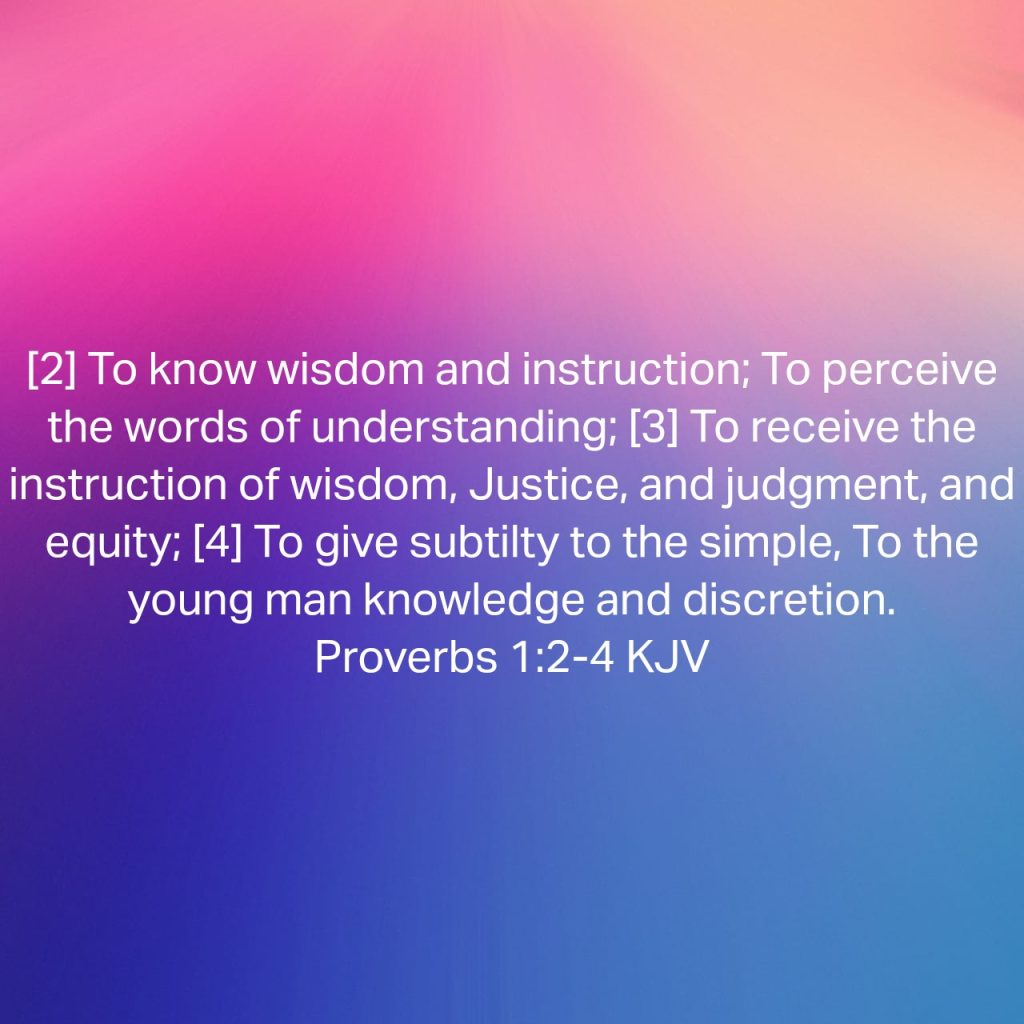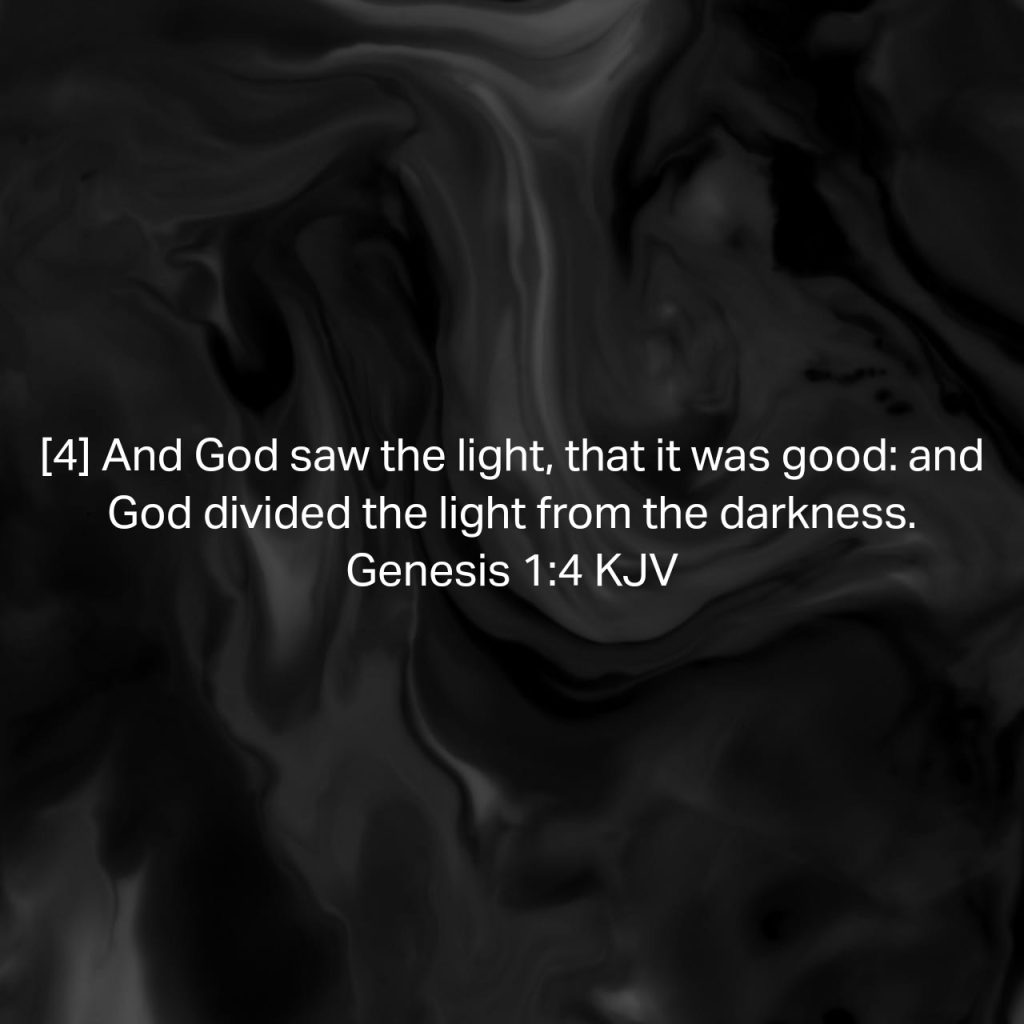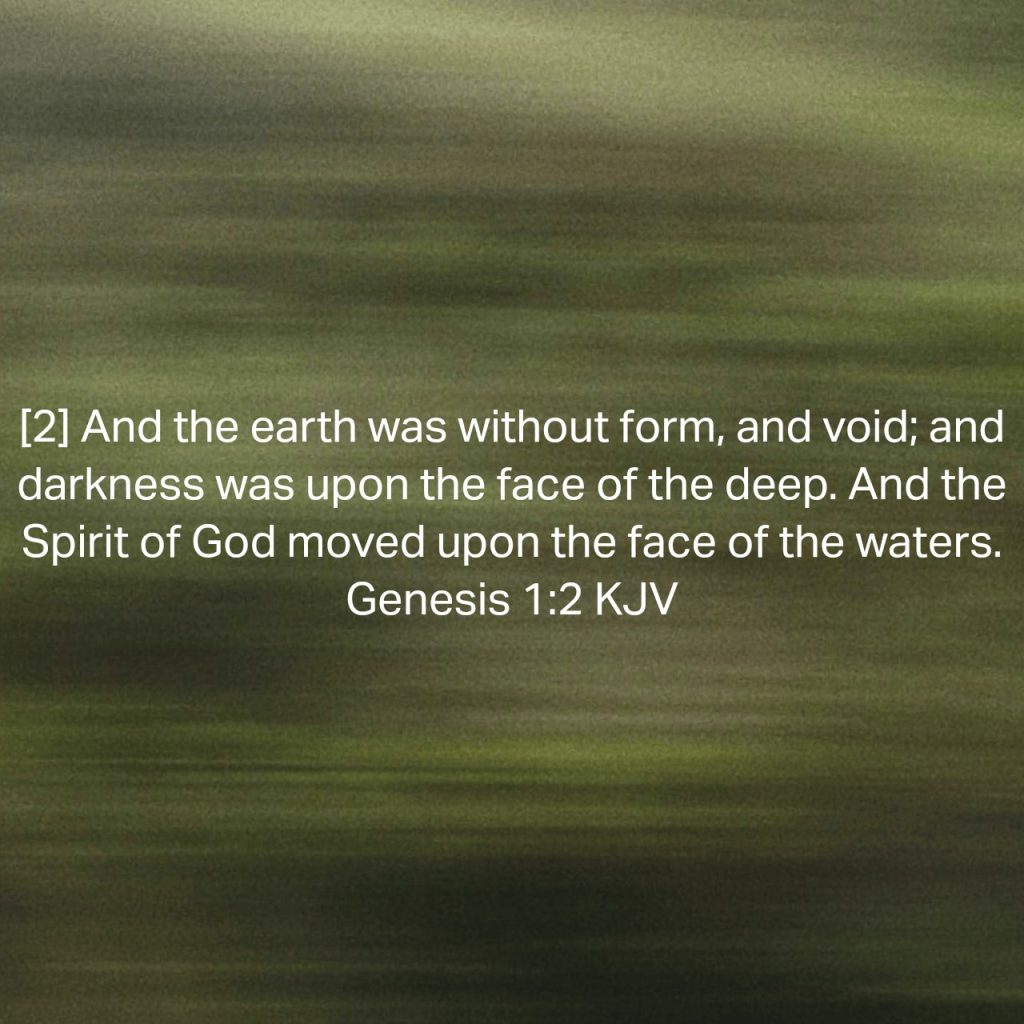“[2] To know wisdom and instruction; to perceive the words of understanding; [3] To receive the instruction of wisdom, justice, and judgment, and equity; [4] To give subtilty to the simple, to the young man knowledge and discretion.” Read more here. Introduction Proverbs 1:2-4 introduces the purpose of the Book of Proverbs, outlining its goals of imparting wisdom, instruction, and understanding. Interpretation These verses emphasize the value of wisdom and instruction for living a just and equitable life. They highlight the importance of understanding, discernment, and knowledge, especially for the young and inexperienced. Modern Day Application Across Various Fields 1. Education Stresses the importance of lifelong learning and acquiring knowledge,… Read More
Continue Reading





